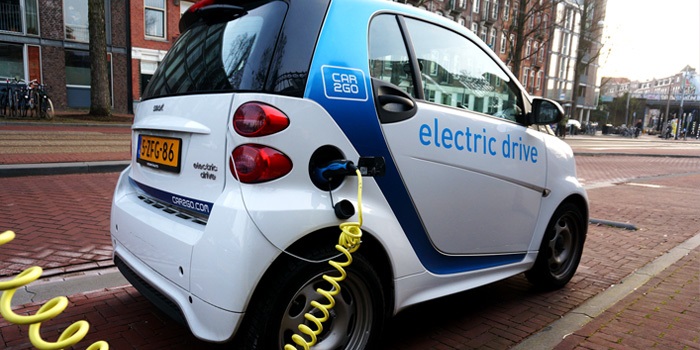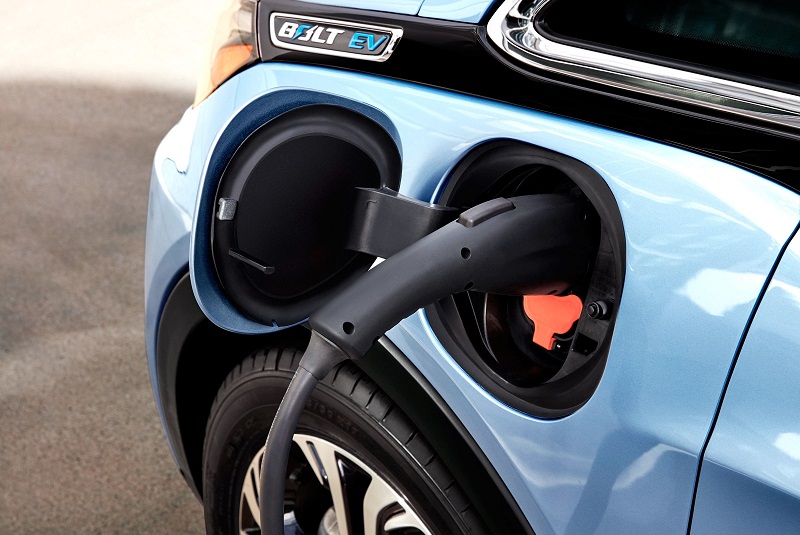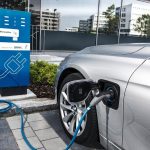The reduction in the prices of the lithium battery is the main reason why electric car prices keep getting closer to the fuel car. Others, such as the chassis, body or powertrain will help achieve it.
The day is approaching when the electric car prices will be cheaper than a fuel car. When that happens, it will be a crucial moment for the electric vehicle market, since a significant increase in sales worldwide is expected.
Electric car prices and the prices of the battery
According to the advanced transport analysts of Bloomberg NEF, the crossing point between electric car prices and petrol prices is getting closer. In 2017, it was predicted that the crossing point would occur in 2026. Last year, it was said that it would arrive in 2024. But now, according to the latest analysis, it is predicted that by 2022 electric cars will be cheaper than fuel cars. What has accelerated the equalization of prices between both technologies? It will depend mainly on the reduction in the prices of the battery, which represents approximately half the cost of an electric car.
According to experts, in 2015 the battery represented more than 57% of the total cost of the electric vehicle. This year, that average dropped to 33%. By 2025, the battery will only represent 20% of the total cost of the car.
Electric car prices could go down 25% to 30 % by 2030
By 2030, the costs of motors, inverters and power electronics could be lower 25% to 30% than now. Similarly, the costs of the chassis and body of the electric vehicle will also be reduced slightly, while the same costs will rise in the internal combustion vehicles as “result of a lighter weight and other measures to meet the objectives of emissions, “said Nikolas Soulopoulos, an analyst at Bloomberg ETF. On the other hand, a reduction in electric drive train costs is expected as manufacturing increases in higher volumes. By 2030, the costs of motors, inverters and power electronics could be between 25 and 30% lower than at present.
The fact that the prices of the battery are reduced will also favor the reduction of electric car prices and the development of other types of electric vehicles. One example is the all-electric excavator recently introduced by Komatsu at the Bauma 2019 machinery fair. The excavator has a new high-voltage charger and converter that allow it to perform on par with the internal combustion model. In addition, the battery version does not emit pollution and is quite silent, ideal for construction work near hospitals, schools or residential areas.
Electric propulsion has also reached maritime transport. Swedish operator Stena Line plans to install batteries in one of the car ferries between Sweden and Denmark. A 1 MWh battery will feed the ship when it is in the port; another 20 MWh battery will provide energy during port operations and there will be a 50 MWh battery to provide a range of 50 nautical miles (92 kilometers). “As the size and cost of batteries decrease, it becomes a very interesting alternative to traditional fuels, since emissions can be eliminated completely,” said Niclas Martensson, CEO of Stena Line.
The air sector also benefits from electric batteries. An example is the Canadian airline Harbor Air, which operates 42 aircraft on 12 short routes in British Columbia, and which will transform its entire fleet to electric aircraft. “The intention is eventually to electrify the entire fleet,” says founder and CEO Greg McDougall.



